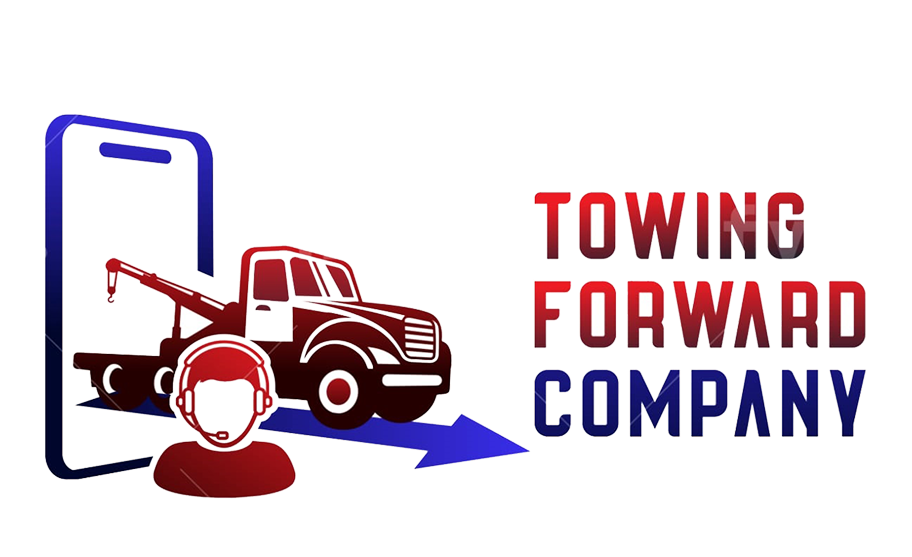
Employee retention has become one of the most pressing challenges facing the towing industry today. High turnover rates among dispatchers and drivers are costing towing companies time, money, and customer relationships. According to the 2025 State of Towing Annual Report by Autura, based on survey responses from 166 towing professionals across the U.S. and Canada, 36% of respondents cited hiring and retaining staff as a major challenge in 2025.
At the same time, 31% of respondents reported implementing new programs aimed at improving hiring and retention outcomes. These programs often include structured onboarding, mentorship, performance bonuses, and flexible scheduling. While these are valuable strategies, they only scratch the surface of the real issue: towing companies must ensure their best employees are empowered to do their best work without being bogged down by repetitive and stressful tasks. That’s where AI-assisted dispatching comes in.
Why Employee Retention Matters
Employee retention is more than just a human resources issue—it directly impacts profitability and customer service. Every time a dispatcher leaves, a towing company must spend money and time recruiting, training, and bringing a new employee up to speed. Meanwhile, customer service suffers because new hires may lack the deep local knowledge and quick problem-solving skills that experienced dispatchers possess.
High turnover also damages employee morale. If staff members see colleagues constantly leaving, they may begin to question their own future with the company. This creates a cycle of churn that makes it even harder to stabilize operations. In an industry where quick response times and reliability are critical, this can be devastating.
What Companies Are Doing Today
To improve employee retention, towing operators have started adopting a range of new initiatives. According to Autura’s survey, some of the most common include:
- Structured onboarding and training: Helping new hires feel supported and comfortable in their roles from day one.
- Mentorship programs: Pairing new employees with experienced staff to build stronger connections and foster loyalty.
- Performance-based bonuses: Incentivizing employees with financial rewards for meeting or exceeding goals.
- Flexible scheduling: Offering more control over work hours to improve work-life balance.
These steps are crucial, but they still leave a major gap unaddressed: the day-to-day stress and inefficiency that causes dispatchers to burn out.
The Overlooked Key to Employee Retention: AI-Assisted Dispatching
While onboarding and scheduling improvements can reduce turnover, the most effective way to improve employee retention is to reduce the stress and workload that make dispatchers want to quit in the first place.
AI-assisted dispatching offers exactly that. By taking over repetitive, high-pressure tasks—like answering basic customer inquiries, managing ETA updates, and triaging call volume—AI allows human dispatchers to focus on higher-value work. This creates a more rewarding job experience while simultaneously improving customer service.
Here’s how AI-assisted dispatching directly supports employee retention:
- Eliminates Repetitive Work
AI can handle routine communication, from notifying customers of estimated arrival times to updating drivers with location details. This frees dispatchers to focus on problem-solving and complex calls that require human judgment. - Reduces Stress
Dispatching is one of the most stressful jobs in towing. Constant ringing phones, upset customers, and demanding motor clubs can quickly lead to burnout. By offloading repetitive customer-facing tasks, AI lowers the emotional burden on dispatchers. - Boosts Productivity
With AI handling the time-consuming parts of the job, dispatchers can manage more calls with greater accuracy. This means companies don’t need to hire as many people to handle the same workload, easing the pressure to constantly recruit and train. - Improves Job Satisfaction
Dispatchers want to feel valued, not like robots chained to a phone. By allowing them to focus on the parts of the job where their judgment and experience matter, AI helps dispatchers feel more engaged and appreciated.
A Smarter Path Forward
The Autura report highlights the urgency of tackling employee retention in the towing industry. Training programs, mentorship, and flexible scheduling are steps in the right direction, but they don’t fully address the root causes of dispatcher turnover.
The real breakthrough comes from leveraging technology to change the nature of the dispatcher’s job. AI-assisted dispatching reduces stress, removes repetitive tasks, and empowers employees to focus on meaningful work. This not only helps companies retain their best people but also improves efficiency, customer satisfaction, and profitability.
For towing companies that want to thrive in 2025 and beyond, investing in AI-assisted dispatching isn’t just a technology upgrade—it’s a strategy for employee retention that pays dividends across the entire business.
To learn more about AI-Assisted Dispatch, click here
To learn more about what it is like to transition to AI Dispatch, click here
